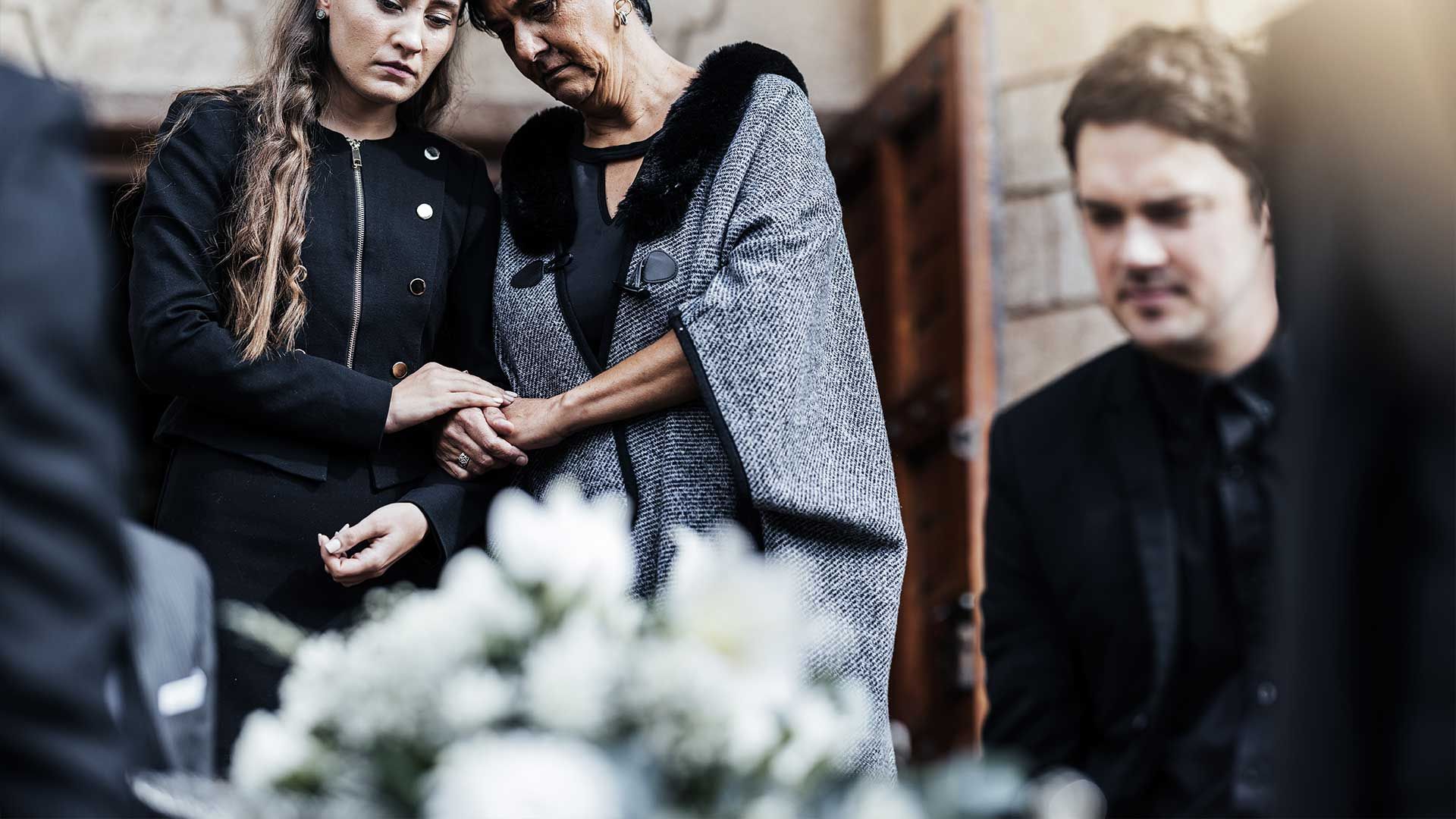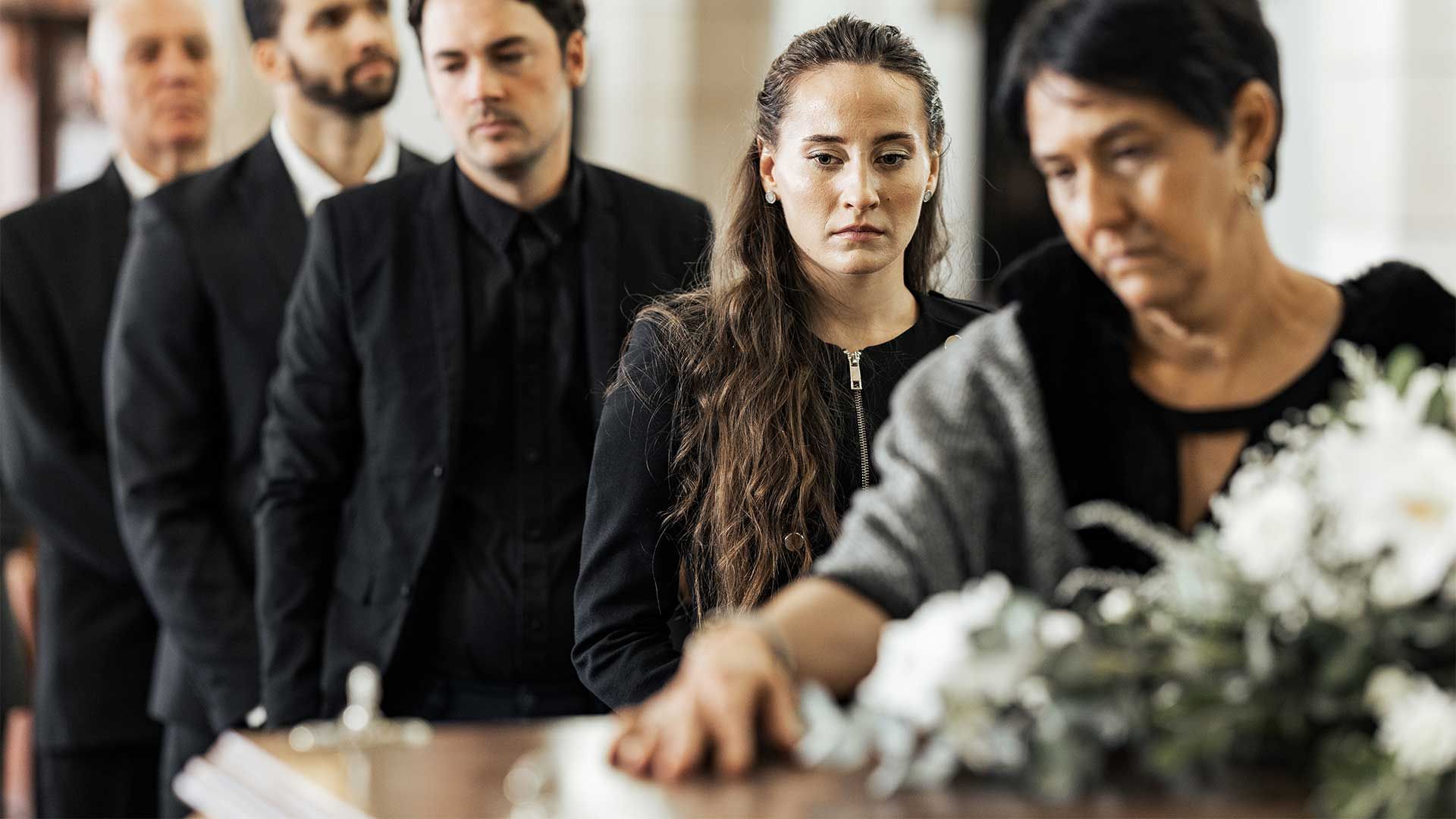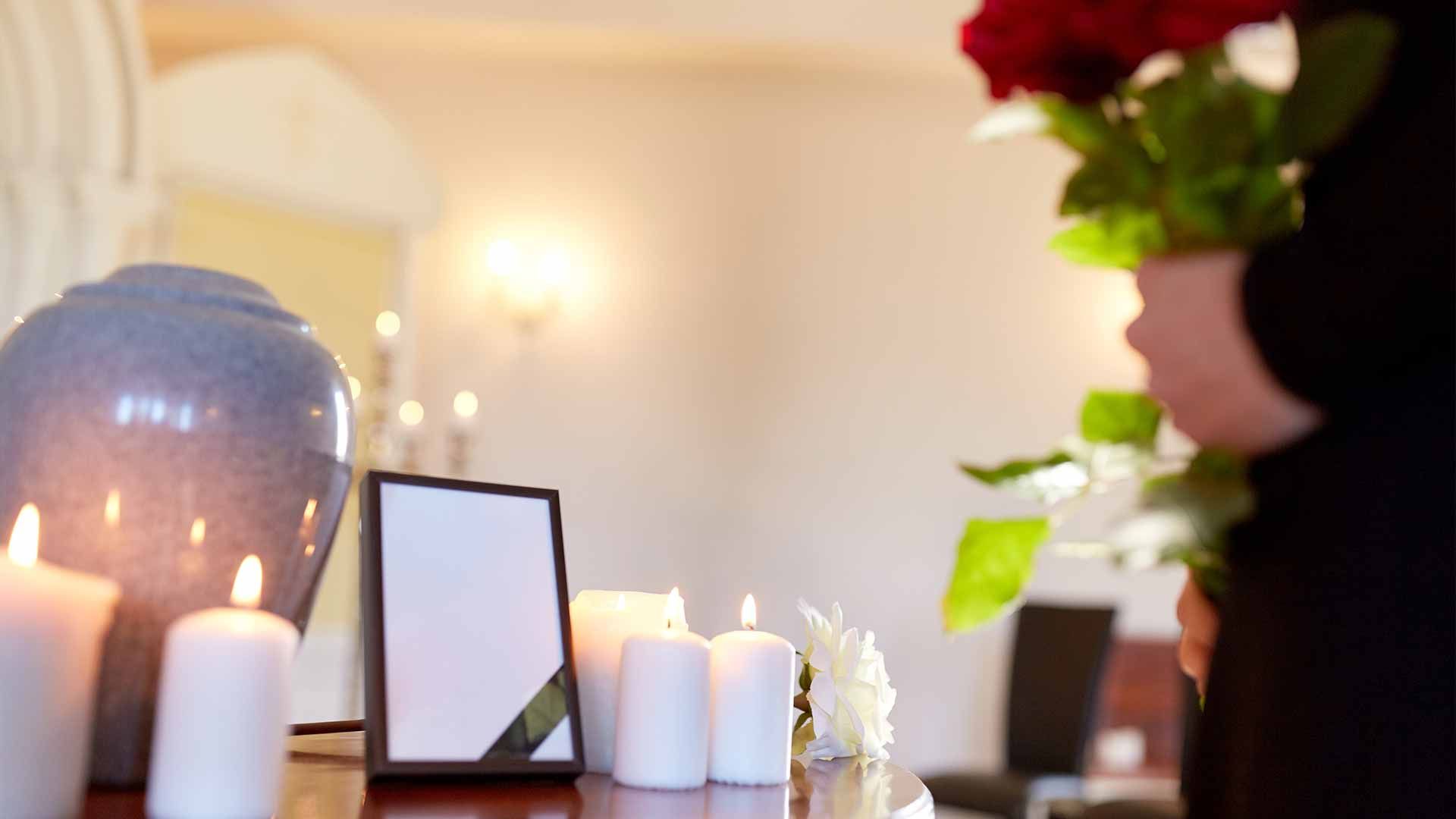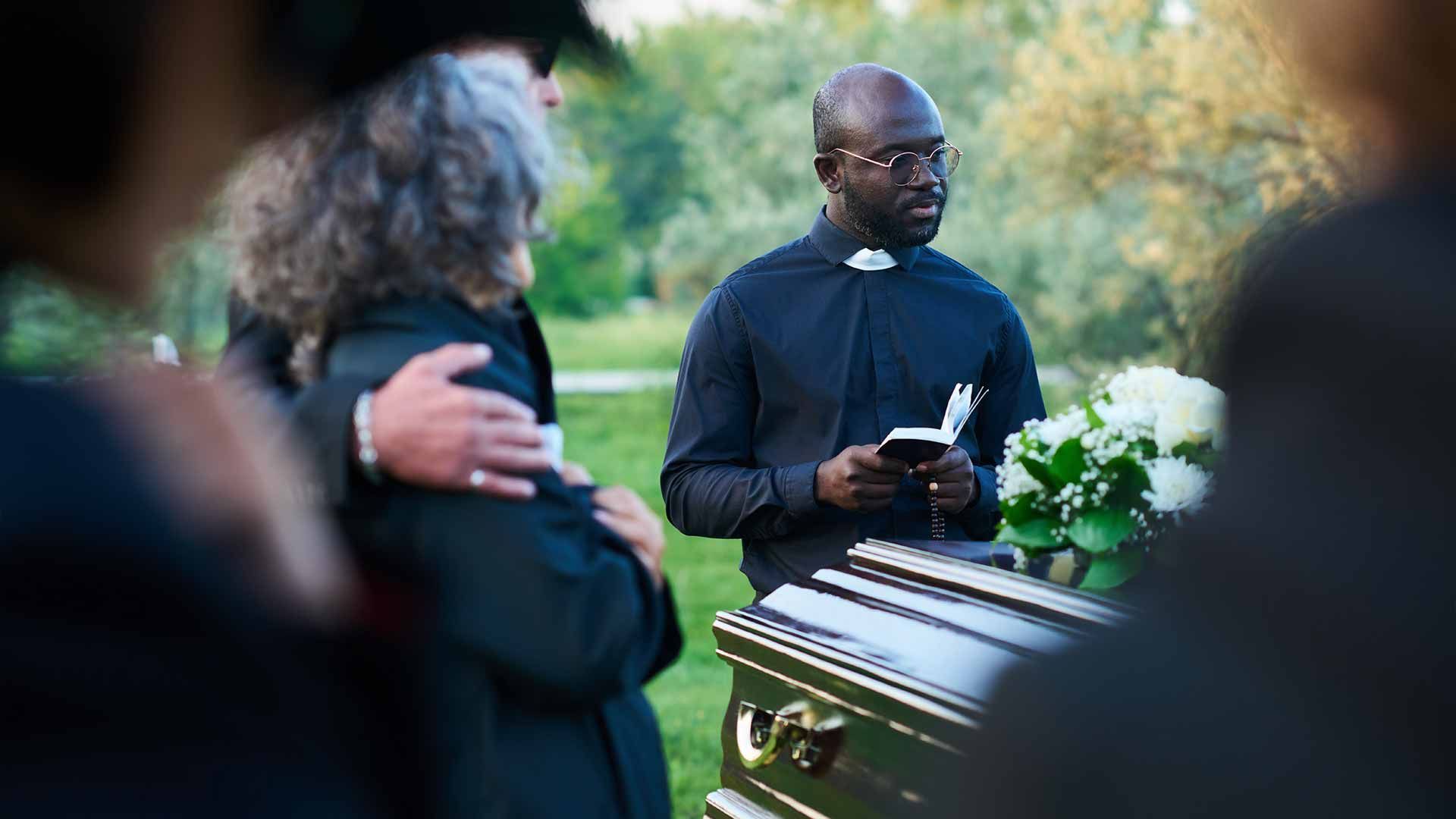Understanding Full Service Funeral Arrangements: What You Need to Know
When it comes to a full service funeral, there's a lot to understand. It's more than just saying goodbye; it's a complete process to honor someone's life. Planning a funeral can be tough, especially when you're dealing with loss. In this article, we're going to walk you through what full service funeral arrangements mean. We’ll talk about what’s included, how they differ from other funeral types, and why they’re important for many families. Funerals are a sensitive topic, and we want to make sure you have all the information you need, explained in a simple, clear way. Whether you’re planning ahead or find yourself needing to make arrangements unexpectedly, this guide is here to help you through each step. Our goal is to give you a clear understanding of full service funerals, making a challenging time a little easier to navigate.
Defining Full Service Funeral Arrangements
A full service funeral includes everything needed to honor someone who has passed away. It's like a complete package that takes care of all the funeral details. In a full service funeral, you’ll usually find a viewing or visitation, the funeral service itself, and then the burial or cremation. This type of service is different from others because it covers all these parts in one plan. It’s really helpful for families during a tough time because it means less for them to worry about and organize.
Understanding the full service funeral is important because it varies from culture to culture and person to person. Some people might want certain religious rites, while others might prefer a more general service. Knowing about these options helps you make the best choices to honor the life and wishes of your loved one. In the next sections, we'll dive into the details of planning these services and how to handle everything step by step.
Initial Planning Stages
After losing a loved one, the first steps in planning a full service funeral can feel overwhelming. But knowing what to do can ease some of that stress. The first thing is to find a funeral home and a director who can guide you through the process. They play a big part in arranging everything and making sure the funeral goes as planned.
Choosing the right funeral home is important. You want someone who understands your needs and respects your wishes. They should also help you with the legal stuff, like getting a death certificate and other necessary paperwork. It's important to have these documents as they are needed for many things after someone passes away.
It's also a good time to start thinking about the kind of service you want. Do you prefer a
traditional burial or cremation? Are there specific customs or traditions that you want to include? Talking these things over with your family and the funeral director can help make the planning smoother and ensure that the service truly reflects the life and values of your loved one.
Selecting Funeral Services
When you're planning a full service funeral, one of the key parts is choosing the right services to honor your loved one. This usually includes a viewing or visitation, the funeral service, and then the burial or cremation. Each part of the service offers a chance to remember and celebrate the person who has passed away.
During the viewing or visitation, family and friends can come together to see the person for the last time and say their goodbyes. This can be a quiet, private time or something more open. Then, the funeral service itself can be held in a church, at the funeral home, or any place that was important to your loved one. This is where people can share stories, give speeches, or even play music that meant something to them.
Lastly, the burial or cremation is where you’ll say your final goodbyes. Whether it’s a traditional burial in a cemetery or a cremation with ashes spread in a special place, this part of the service is about laying your loved one to rest in a way that feels right.
Each of these services can be personalized. Maybe your loved one had a favorite song, poem, or even a color that you want to include. It's these personal touches that make the service special and a true celebration of their life.
Financial Considerations
Talking about money can be hard, especially when you’re planning a full service funeral. But understanding the costs and planning your budget is a really important part of the process. Full service funerals can be expensive, so it’s good to know what you can expect.
The cost of a full service funeral includes a lot of different things like the coffin or casket, the service itself, transportation for the deceased, and the burial or cremation. Sometimes, there are also costs for things like flowers, an obituary in the newspaper, or a gathering after the service.
It’s a good idea to talk openly with the funeral director about your budget. They can help you understand all the costs and find ways to plan a beautiful service that’s within your budget. There are also options like insurance or pre-planning that can help cover these costs. Some people set up plans ahead of time so their families don’t have to worry about the money part during a difficult time.
Remember, it's not about how much you spend but about honoring your loved one in a way that feels right for you and your family. There are many ways to make a service special and meaningful, no matter what your budget is.
Logistical Arrangements
Once you have an idea of the services and budget, the next step is to sort out the logistics. This includes organizing
how the deceased will be transported, where the services will be held, and coordinating with any religious or cultural institutions if needed.
Transportation is an important part of a full service funeral. This involves moving the deceased from the place of death to the funeral home, and then to the final service and burial or cremation site. The funeral home you choose will typically handle these details, but it’s good to be aware of them.
Choosing the right venue for the service is another key decision. Some families prefer a place of worship, others choose the funeral home’s chapel, and some might pick a location that was significant to the deceased. Wherever you choose, make sure it can accommodate the number of guests you expect and that it feels right for the type of service you're planning.
If the deceased was religious or had specific cultural customs, you might also need to work with a church, temple, or other religious institution. They can help ensure the service respects these traditions. This might include specific readings, rituals, or ceremonies that are important to your family and your loved one.
Remember, the funeral director is there to help you with all these arrangements. They have the experience to make sure everything goes smoothly and can take a lot of the stress off your shoulders during a difficult time.
After-Service Considerations
After the funeral service, there are still a few things to consider. This includes managing post-funeral activities like receptions or memorial services and finding ways to cope with grief and loss.
Many families choose to hold a reception or gathering after the funeral service. This is a time for friends and family to come together, share memories, and support each other. Planning this can be as simple or elaborate as you feel appropriate. Some people prefer a quiet gathering at home, while others might rent a space for a larger group. The reception can include food, drinks, and sometimes shared stories or
memories about the deceased.
Dealing with grief is an ongoing process, and it’s important to allow yourself and others the space and time to mourn. Everyone grieves differently, and there’s no right or wrong way to feel after losing someone. It can be helpful to talk about your feelings, whether that’s with family, friends, or a professional counselor. There are also many support groups and resources available for people who are grieving.
Remember, the funeral is just one step in the process of saying goodbye and coming to terms with your loss. It’s okay to seek help and support in the days, weeks, and months after the service as you adjust to life without your loved one.
Conclusion
In concluding our journey through understanding full service funeral arrangements, it's clear that this process, while challenging, is a profound way to honor and celebrate the life of a loved one. We’ve covered everything from the initial planning stages to the final after-service considerations, highlighting the importance of each step in creating a meaningful tribute.
Remember, organizing a funeral is about making choices that resonate with the life and memories of the deceased, as well as providing comfort and closure for the bereaved. It’s a delicate balance of respecting wishes, managing practicalities, and dealing with emotions.
In these times, having the right support and guidance is invaluable. Marik-Baken Funeral Services Ltd is here to provide that support. With our compassionate and professional approach, we help families navigate the complexities of full service funeral arrangements. We’re committed to honoring your loved one with dignity and respect, making this difficult time a little easier.
For more information or to discuss your funeral planning needs, please don’t hesitate to contact us at
(773) 910-3400. At
Marik-Baken Funeral Services Ltd, we’re not just providing a service; we’re here to support you in creating a fitting farewell for the ones you hold dear.
In the end, it’s these acts of remembrance and celebration that help us move forward, carrying the memories of our loved ones with us always.



© 2024 All Rights Reserved | Marik-Baken Funeral Services Ltd.







